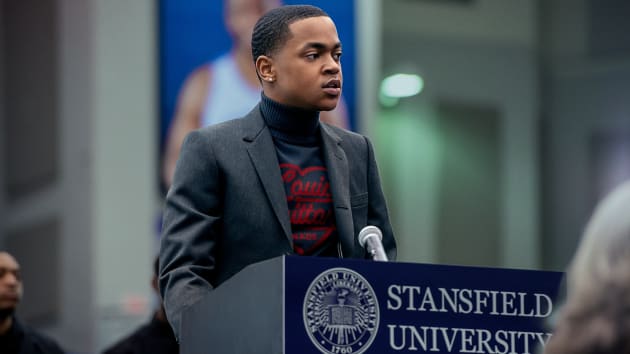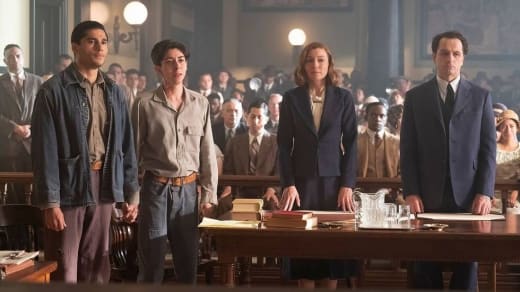An attempt to collect a $2.8 million fee from the developer of a condominium project in the Village of Southampton has been denied by a State Supreme Court judge.
The July 28 ruling is a reversal of Justice Felice Muraca’s Oct. 2022 decision to uphold the “park fee” levied against Jericho-based Beechwood Organization for its 19-unit condo project called The Latch, which was built on the 5.24-acre site formerly occupied by the Village Latch Inn.
In this latest ruling, the judge granted summary judgment to Beechwood, finding that the village failed to submit any evidence to support its claim that a $2.8 million dollar park fee was justified. Muraca also found there was no nexus or “rough proportionality” between the amount of the park fee and the proposed development.
Under New York State law, a municipality can impose a “park fee” on a developer in lieu of having the developer provide parkland on the site only if certain criteria are satisfied and specific findings are made relating to the project. In its complaint, Beechwood alleged the park fee was improper and unconstitutional because, among other things, the village failed to make the requisite findings. Beechwood also challenged the park fee on the basis that the village statute exceeded its limited authority to enact zoning laws because the village statute made the imposition of a park fee mandatory, when state law only permits a municipality to impose a park fee on a discretionary basis.
“All too often, municipalities get away with unilaterally imposing ‘park fees’ against developers without complying with the requirements of New York State law before doing so,” attorney Ronald J. Rosenberg, of Garden City law firm Rosenberg, Calica & Birney, which represented the developer in the case, said in a written statement. “This decision correctly recognized that the village failed to make the requisite specific findings required by law before imposing the park fee on Beechwood. It also recognized that the village exceeded its zoning authority by enacting a local law that made imposition of a park fee mandatory in all cases, when New York State law only authorizes a discretionary park fee after specific findings are made.”
Rosenberg was joined by the firm’s Lesley Reardon in representing Beechwood.
In the decision, Muraca found that the village failed to submit evidence to support that the $2.8 million dollar park fee was justified.
“Simply indicating that a park fee be imposed or is appropriate, without indicating the process, if any, or the methodology utilized, leaves this court with no other choice but to deem the village’s actions were automatic and not individualized to the specific project,” he ruled.
The village is now appealing.
“The village believes that the court got it right the first time, when it dismissed the developer’s case. The court’s sudden reversal was surprising,” attorney Christopher Bianco, of Patchogue-based law firm Egan & Golden, which is representing the Village of Southampton in the case, said in an emailed statement. “The village boards had informed the developer in prior written decisions approving the project that a parkland fee was due. The developer was made aware of how the fee was to be calculated. The developer never challenged those decisions. It was only until the village sought payment of the fee, which was well after the statute of limitations, that the developer brought suit. We believe the village’s appeal will restore the court’s original decision dismissing the case.”
When asked to comment on the case, Michael Dubb, Beechwood founder and CEO, said, “We do not comment on active litigation.”


























































![Mason Ramsey – Twang [Official Music Video] Mason Ramsey – Twang [Official Music Video]](https://i.ytimg.com/vi/xwe8F_AhLY0/maxresdefault.jpg)






















